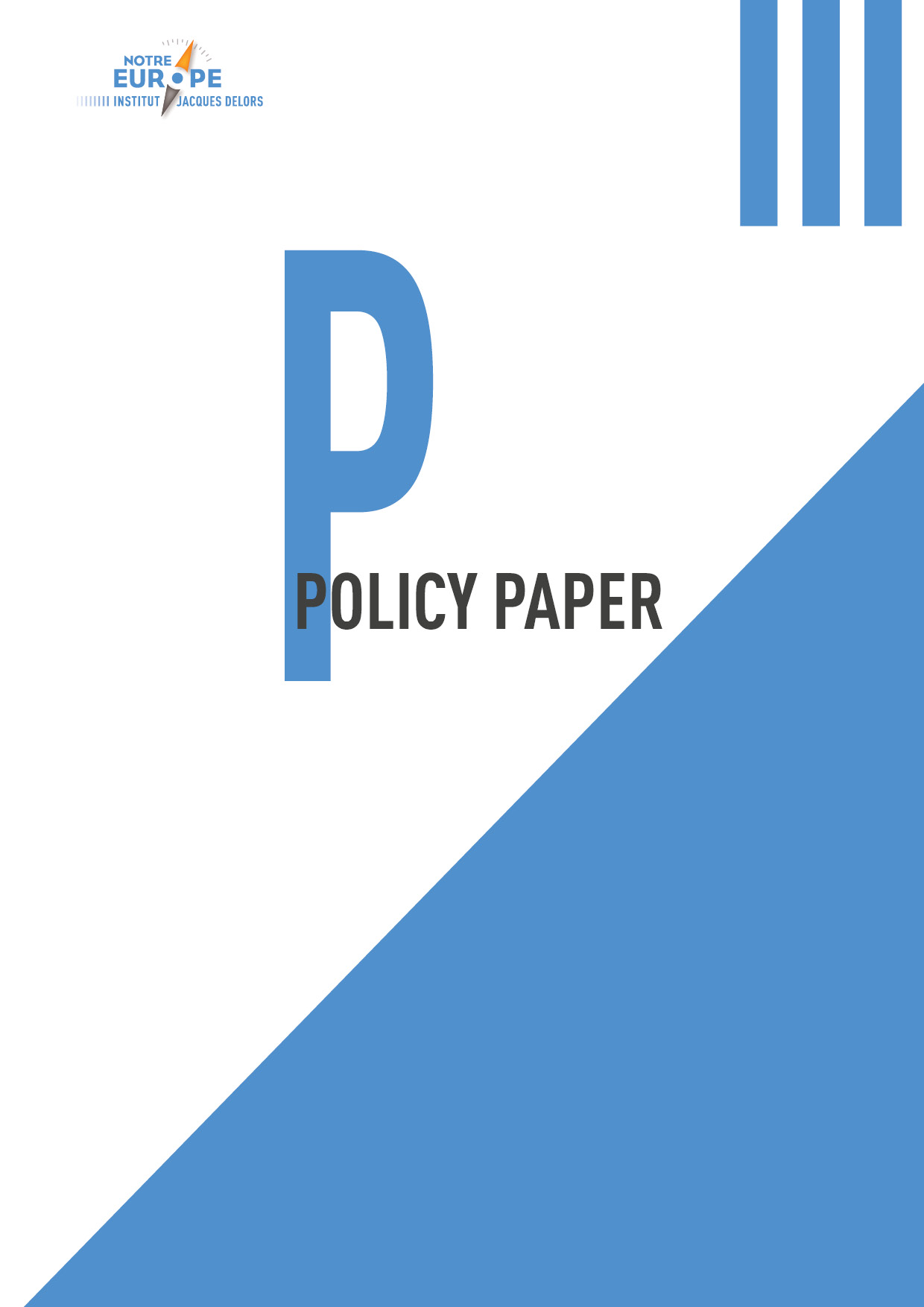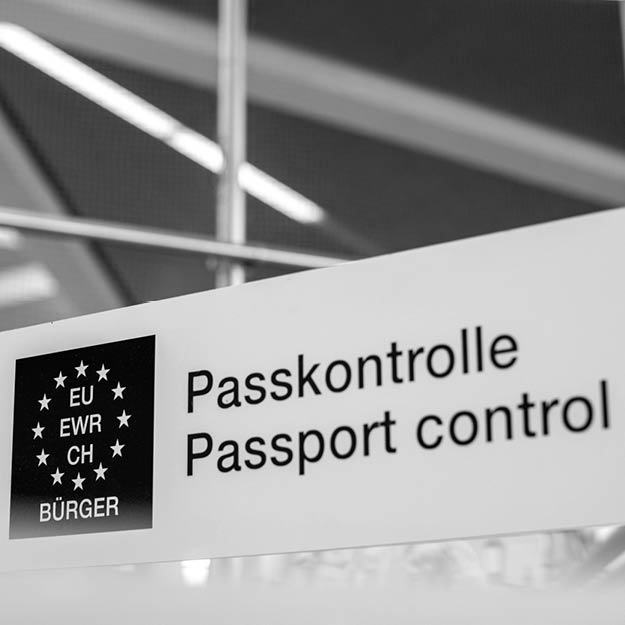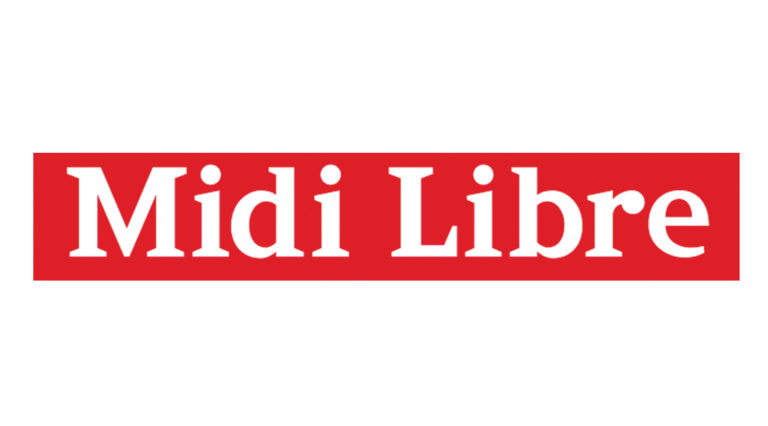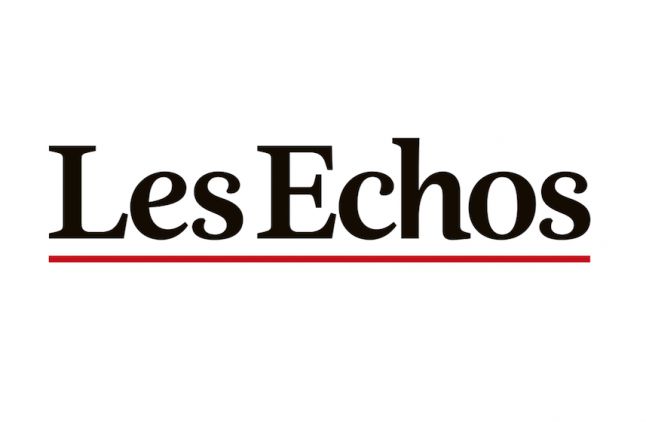Policy paper 169
Towards Dublin IV: Sharing norms, responsibility and costs
This policy paper by Henrik Enderlein and Nicole Koenig aims to contribute to the reform process by outlining a “first best” solution for a thorough overhaul of the Common European Asylum System, and notably the Dublin system.
This Policy paper by Henrik Enderlein and Nicole Koenig, respectively director and research fellow at our office in Germany, the Jacques Delors Institut – Berlin, aims to contribute to this reform process by outlining a “first best” solution for a thorough overhaul of the Dublin system, backed by complementary measures in the fields of border management, internal security and external action. Our proposal aims to ensure fair, permanent and sustainable responsibility sharing in terms of norms, migrants and costs. It is based on five building blocks:
- De jure and de facto norm harmonisation: To ensure equal treatment of asylum-seekers, the EU should introduce a common European asylum status and procedure. A reinforced and more autonomous European Asylum Agency should monitor member state compliance with common norms and standards.
- Fairer responsibility-sharing through relocation: The EU should establish a relocation mechanism that allocates the responsibility for recognised beneficiaries of protection on the basis of a binding key and through a flexible preference-matching procedure. Member states would be financially compensated according to the number of received migrants. Migrants would receive a residence and work permit for their host country.
- Upgraded external border control and internal security cooperation: To address existing security concerns and ensure orderly immigration, the EU should push for an effective and truly European Border and Coast Guard. Internal security cooperation should be upgraded through effective information-sharing, intensified operational cooperation, and additional collective funding.
- Global responsibility-sharing: The EU should provide more forward-looking financial support to origin and transit countries as well as relevant international organisations. Tailor-made migration compacts could help re-focus the EU’s external migration policy, but they should not transform migration control into the single, predominant objective of external action. The compacts should be used to ensure better living conditions in transit and origin countries and to open accessible legal pathways in return for cooperation on readmission and return.
- Tangible financial solidarity via a comprehensive Schengen Fund: The member states should create a comprehensive Schengen Fund with four programmes: asylum and integration, external borders, internal security and external cooperation. The Fund would be based on national contributions weighted by GDP. The money would be allocated to the member states ex post on an annual basis and according to the action undertaken within each programme (e.g. lump sum by processed asylum application, relocated migrant etc.).
This Policy paper is also available in href=”https://www.institutdelors.eu/01123479-En-route-vers-Dublin-IV.html” target=””>French and German.
SUR LE MÊME THÈME
ON THE SAME THEME
PUBLICATIONS
[FR] Migration: A look back at the February 9 European Council

Moldova and the war

Making migrant returns a pre-condition of trade openness

MÉDIAS
MEDIAS
Le défi des migrations africaines en Europe

Union européenne : les demandes d’asile au plus haut depuis sept ans

Naufrage en Grèce: des élus prônent une opération européenne de sauvetage en mer

ÉVÉNEMENTS
EVENTS
The EU’s response to Ukrainian refugees three months on

Académie Notre Europe | “Europe of migration” session [FR]

Académie Notre Europe : “Europe of migration” session [FR]

Euroquestions | Ukrainian refugees: hosting in Europe and impact on European migration policy? [FR]

EU-African Union Summit: a renewed partnership on migration and mobility? [ENG]

Migration, asylum, mobility and integration in Europe: inseparable common values | Presentation of the report published in December 2021 [FR]

Conference | Integration in Europe : Oxalá, Hopelijk, avec un peu de chance… | Perspectives from Belgium, France and Portugal [FR]

EU migration and asylum policy: a fresh start?

EU migration and asylum policy: a fresh start?

Webinaire | Nouveau pacte pour la migration : la Commission peut-elle reprendre la main sur le dossier migratoire ?

Webinaire | Nouveau pacte pour la migration : la Commission peut-elle reprendre la main sur le dossier migratoire ?

Euroquestions | Relance et puissance : mots d’ordre de la rentrée européenne

Des réponses européennes
à l’asile et aux migrations

Paris, 17 May 2019 – Académie Notre Europe : Europe and migrations

Paris, 16 April 2019 – Think migration and development together

Paris, 12 February 2019 – Eurociné: Screening-debate of the movie DJAM

Brussels, 28 January 2019 – Presentation of the Jacques Delors Institute’s report on migrations

Pantin, 6 October 2018 – Can the European Union better manage the migration flow?

Namur, 21 September 2018 – Migration policy and EU: which policy for Common good?

Paris, 8 February 2018 – Eurociné: “School of Babel”


















